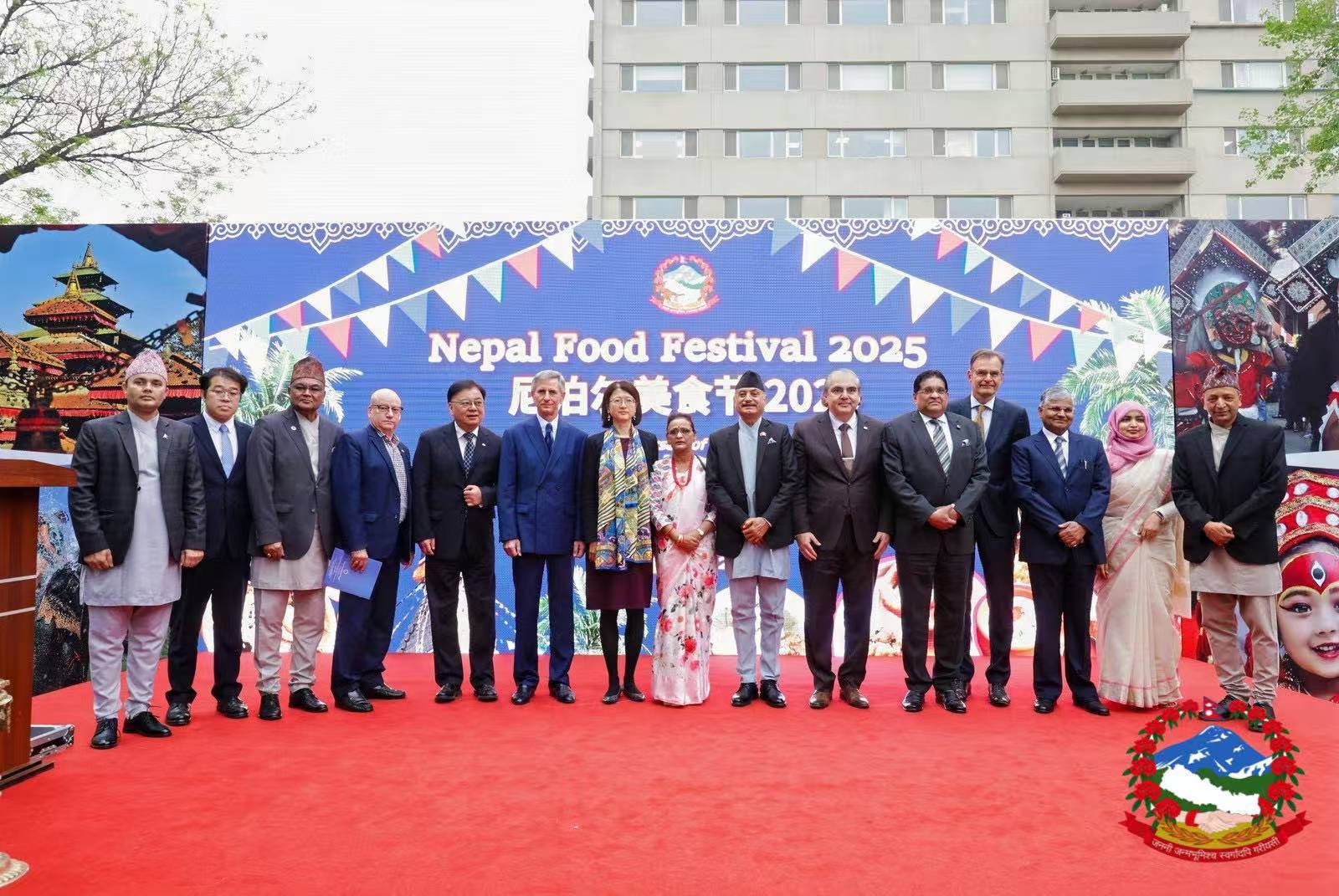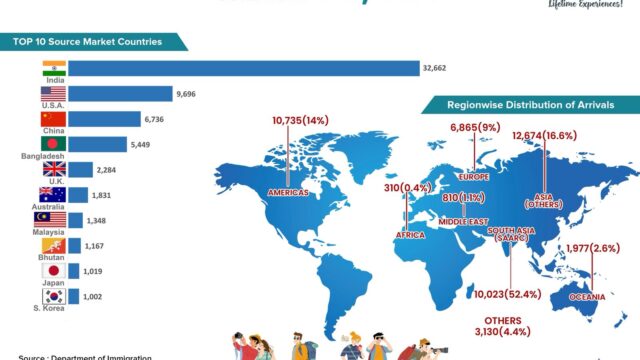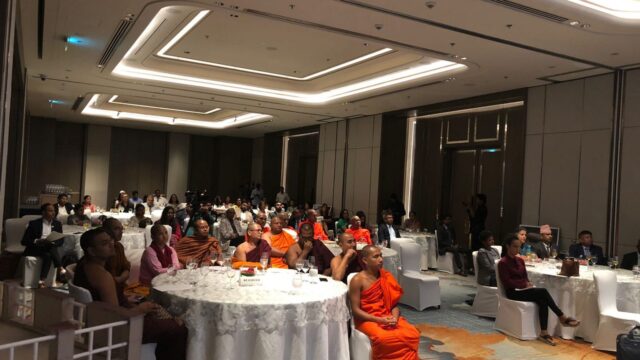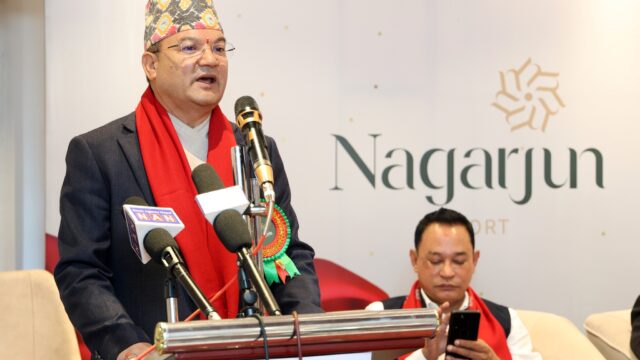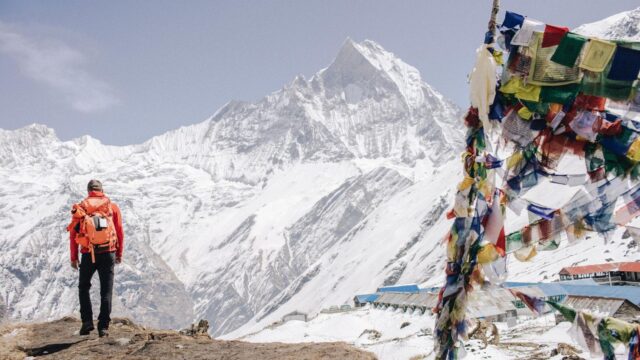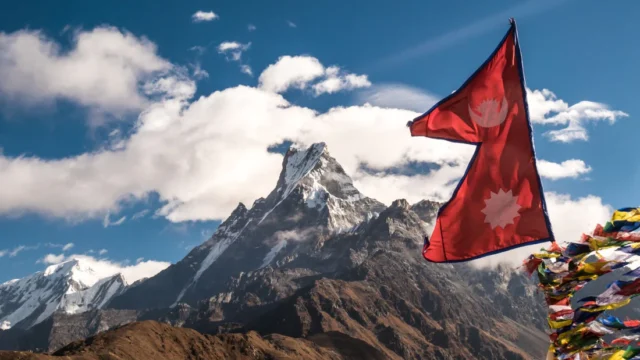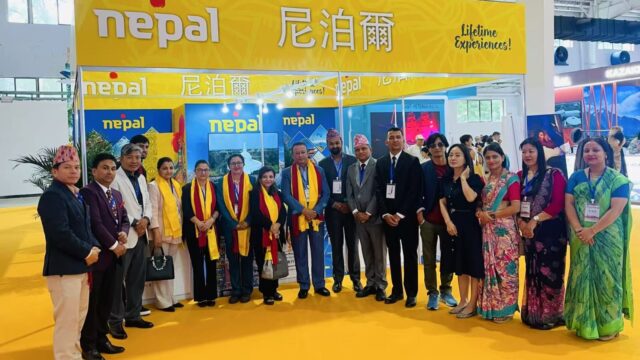Nepal’s cuisine and cultural heritage were showcased in China through the “Nepal Food Festival 2025,” held on Monday at the Nepali Embassy in Beijing. The event aimed to promote Nepalese food and culture as part of the celebrations for the 70th anniversary of Nepal-China diplomatic relations and Nepal Tourism Year 2025. Nepal’s Foreign Minister Dr. Arzu Rana Deuba delivered a video message highlighting the richness and diversity of Nepali culinary traditions and invited people from around the world to visit Nepal and experience its food culture firsthand.
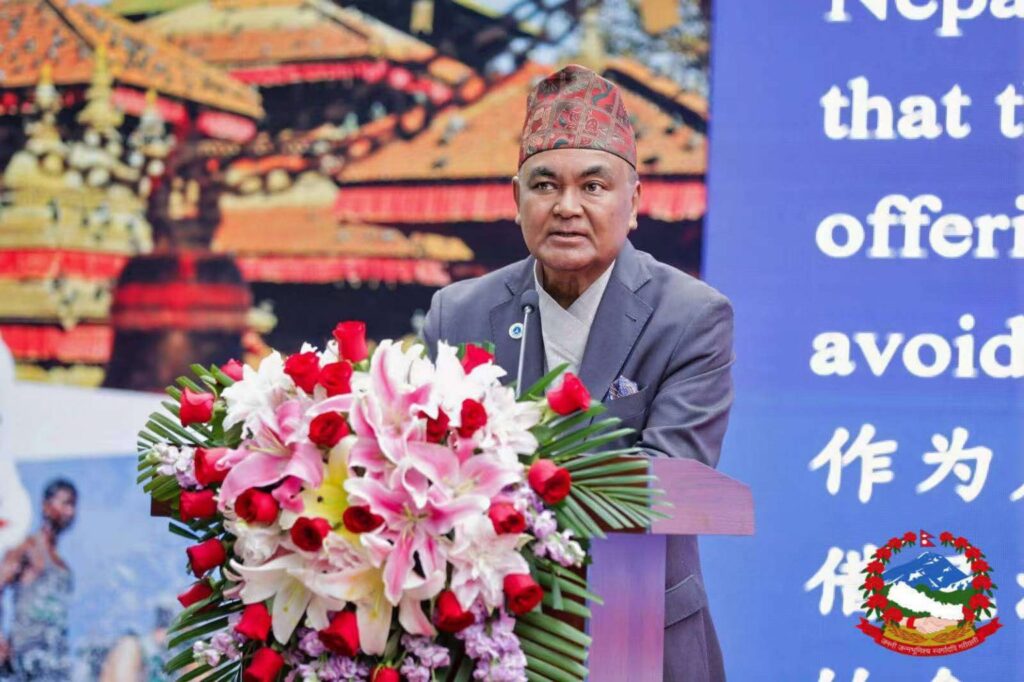
Nepal’s Ambassador to China, Dr. Krishna Prasad Oli, emphasized that Nepal’s traditional dishes are unique and special compared to foods found elsewhere. He encouraged attendees to visit Nepal and enjoy its rich flavors and culture.
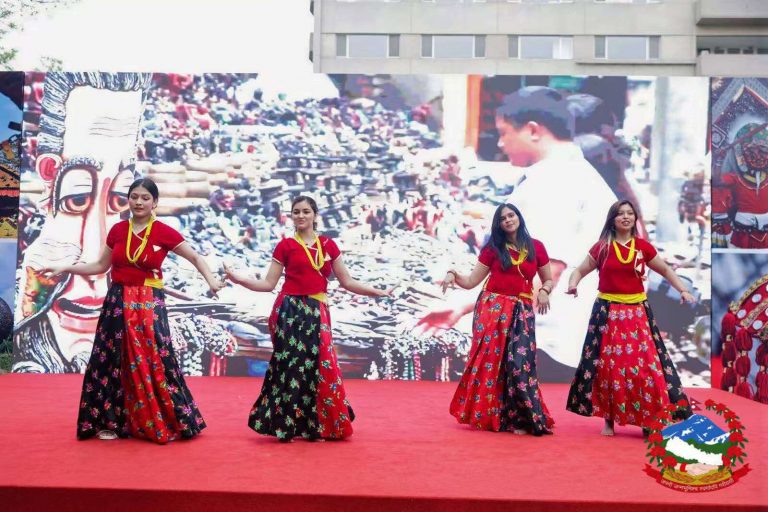
Xu Peng, Vice President of the World Tourism Federation, praised the initiative and encouraged people to explore the tastes and traditions of Nepalese cuisine. Similarly, Jin Zhan Lin, Deputy Secretary-General of the China Association of Travel Services, called for stronger cooperation between Nepal and China in the fields of culture and tourism. Binayak Shah, President of the Hotel Association of Nepal, noted that promoting traditional Nepali food helps attract tourists who want to experience authentic flavors of the country.
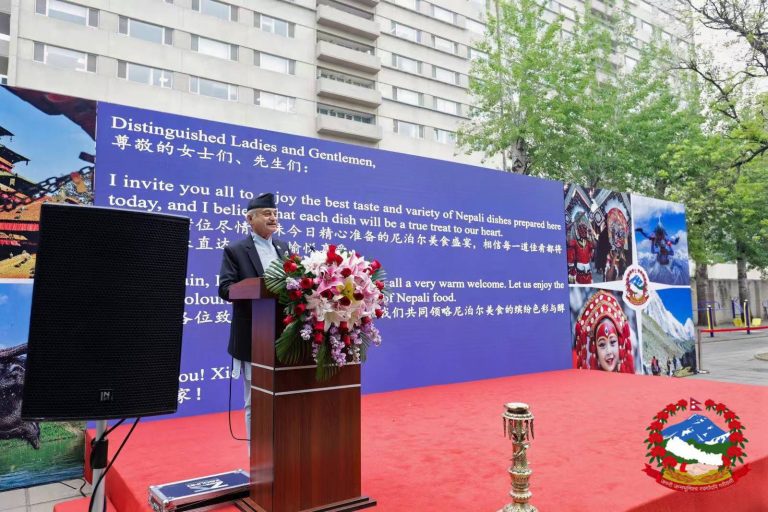
During the event, Sunil Sharma, acting director of the Nepal Tourism Board, gave a presentation on Nepal’s tourist destinations and encouraged visitors to experience Nepal not just by learning about it but by visiting in person. The festival featured beloved Nepali dishes like sel roti, momo, yomari, juju dhau, kaguno pudding, chatamari, choila, bara, gundruk, and Mustang potatoes. There was also an exhibition of traditional crafts such as thangka paintings, statues, pashmina, singing bowls, carpets, jewelry, Nepali tea, and handicrafts.
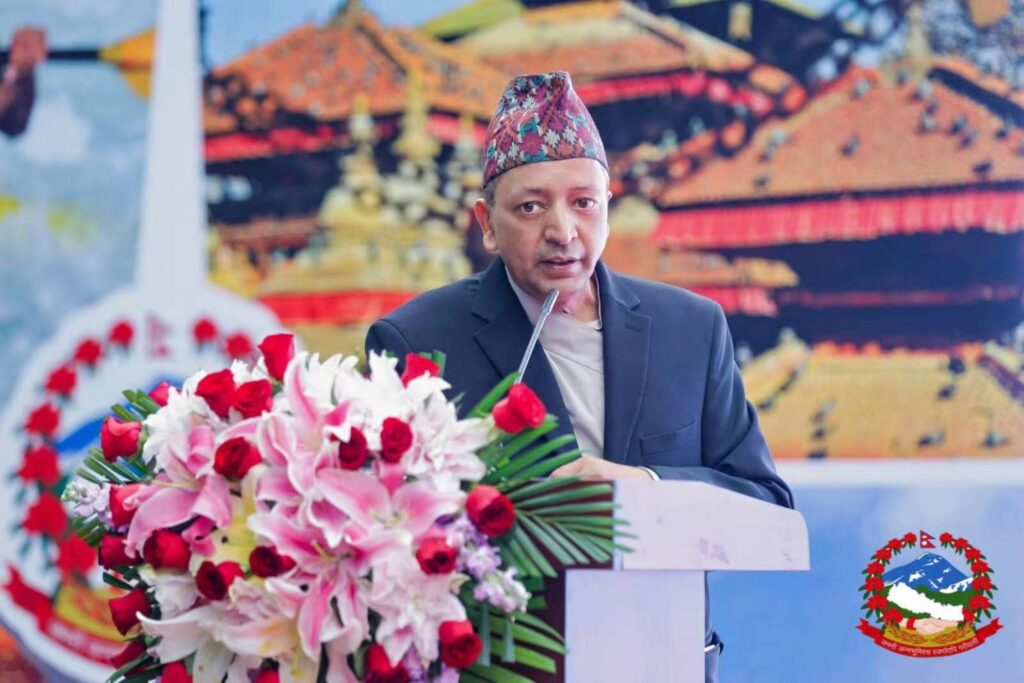
Attendees enjoyed live cultural performances including Nepali songs and dances. More than 400 guests attended the event, including Chinese government officials, diplomats from countries like Bolivia, Bulgaria, India, Japan, Sri Lanka, and Panama, members of the World Tourism Federation, travel agencies, and representatives of both the Nepali and Chinese communities.
